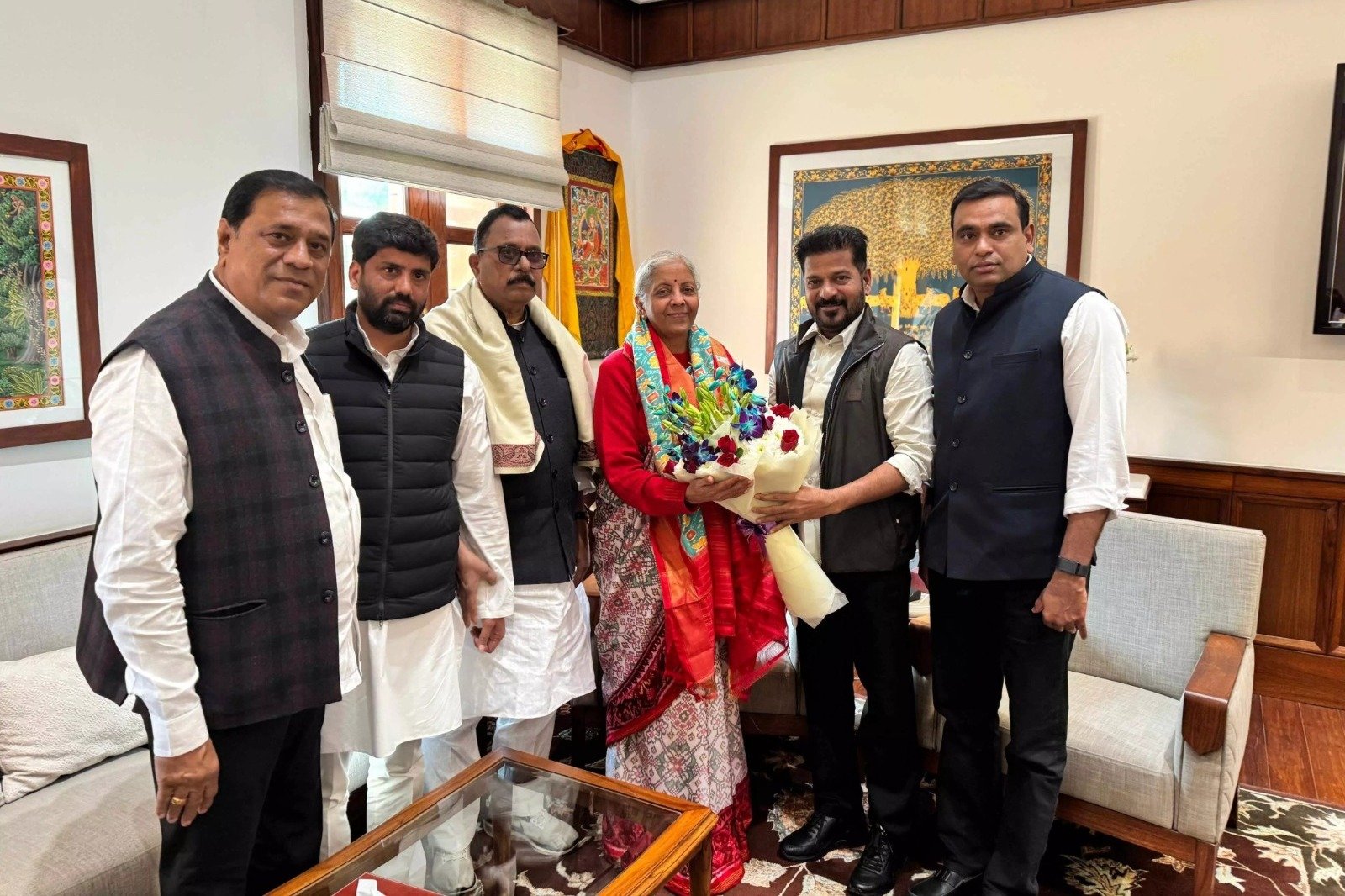Mumbai, July 31, 2025 — Maharashtra Chief Minister Devendra Fadnavis has strongly welcomed the verdict of the special NIA court in the 2008 Malegaon blast case, asserting that “terrorism was never saffron, is not, and will never be.” His remarks came shortly after the court acquitted all seven accused, including BJP MP Pragya Singh Thakur and Lt Col Prasad Purohit, citing lack of reliable and cogent evidence.
The blast, which occurred on September 29, 2008 near a mosque in Malegaon, Nashik district, claimed six lives and injured over 100 people. The explosive device was allegedly strapped to a motorcycle, and the incident was initially linked to right-wing extremist group Abhinav Bharat. The case drew national attention for its controversial framing as “saffron terrorism” by the then UPA government.
In its ruling, the court stated that while the blast did occur, the prosecution failed to establish key facts, including ownership of the motorcycle and the source of the explosives. The judge emphasized that suspicion alone cannot justify conviction, and the benefit of doubt must be extended to the accused.
Reacting to the verdict, Fadnavis posted on social media: “आतंकवाद भगवा न कभी था, न है, न कभी रहेगा!” (“Terrorism was never saffron, is not, and will never be!”). Deputy Chief Minister Eknath Shinde echoed the sentiment, criticizing the previous administration for allegedly politicizing the case and labeling it as saffron terrorism.
The acquittal has reignited political debate, with opposition leaders like Asaduddin Owaisi questioning the integrity of the investigation and demanding accountability for the victims. Meanwhile, Pragya Thakur described the verdict as a vindication of Hindutva and claimed her life had been unjustly disrupted by the prolonged legal battle.
The NIA court’s decision marks the end of a 17-year-long trial that saw multiple twists, including changes in investigative agencies and allegations of procedural lapses. Legal experts suggest the verdict may prompt calls for reform in terrorism-related prosecutions and renewed scrutiny of politically sensitive cases.



